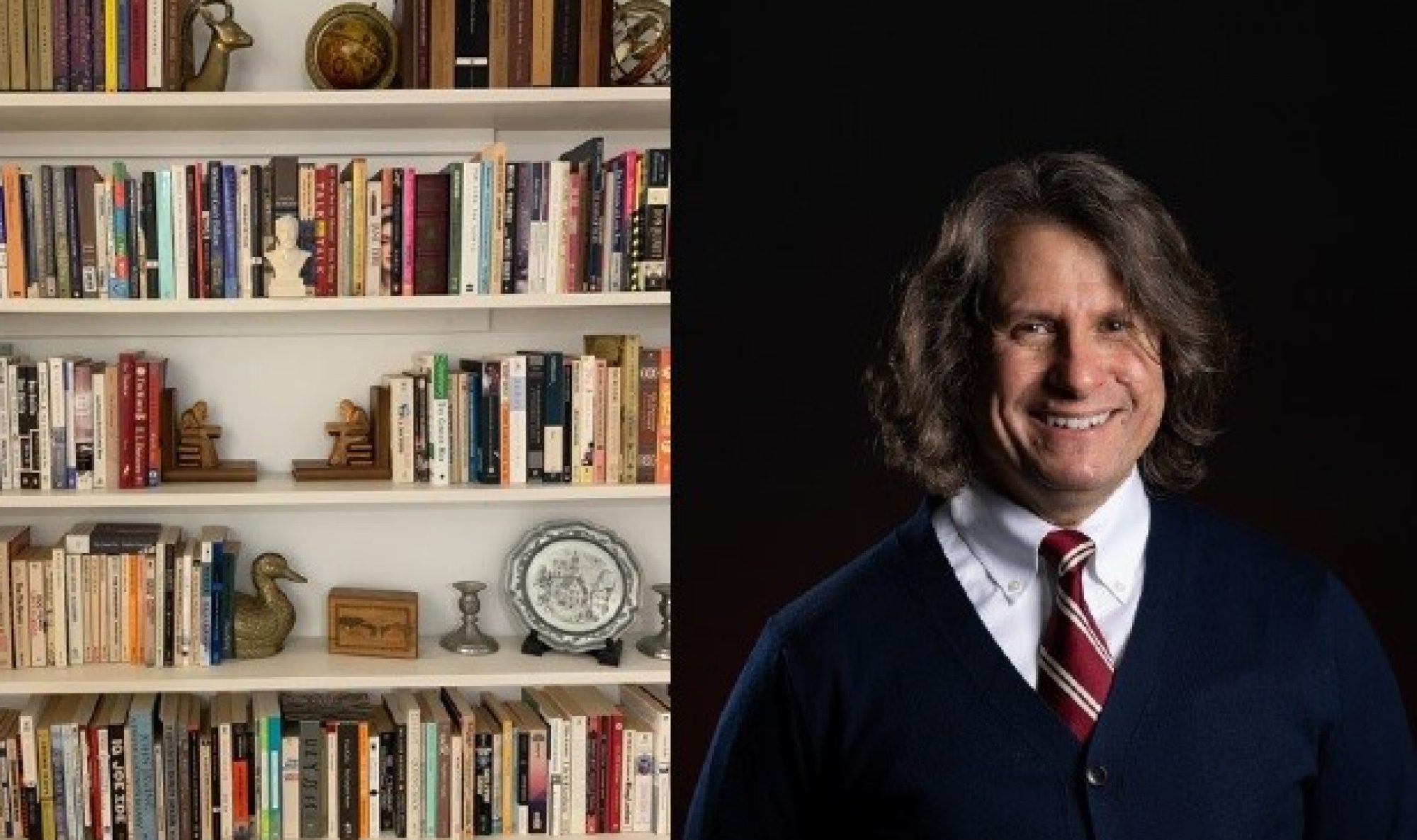In an increasingly secular and non-religious society, why should anyone care about religion, why should they learn about Christianity and Jesus?
The reason is that modern society is the product of its history and what came before. A person can’t truly understand the modern world without understanding the ancient world, and religion shaped ancient societies and was a major force in the ancient world. A person can’t truly understand the modern Western world, the world we live in today, without understanding the development of “Western Civilization,” and a person can’t understand “Western Civilization” without understanding Christianity. Christianity is one of the major foundations of the Western world. Christianity planted the seeds which flowered into the Enlightenment, which is the foundation for the modern liberal democracies that we live in today, and the scientific revolution, which created all of the technological marvels that define our world. So to understand the modern world a person needs to understand the influence of Christianity on the Middle Ages, the Renaissance, the Reformation, and the Enlightenment. A person will only understand those eras if they have some understanding of Christianity itself. So even atheists should learn about Christianity. But they should understand the reality of Christianity, and not the Christian myth of Christianity.
To truly understand Christianity a person needs to understand Jesus his life and his teachings, Paul and his teachings, and the history of the early church.
My point here is not to explain Christianity for the non-religious but to explain why Christianity is important. Christianity is important in the creation of political liberalism and the scientific revolution.
Here is an interesting historical fact that explains why it is important to understand Christianity: the “scientific revolution” only happened in Europe, in Christendom. It did not happen in the Arab world, despite their illustrious scientific history, and it did not happen in China despite its technological achievements.
There were many amazing Arab scientists, and the foundation of modern mathematics and chemistry were laid by Arab thinks and scientists. (And the Arabs learned a great deal about math from the Indians.) Yet for some reason Arab scientists never produced anything akin to the European Scientific Revolution. For some reason, around the 12th Century, scientists in Arabia seemed to stop in their quest for new discoveries. But European scientists and thinkers took those Arabian discoveries and developed modern science.
It is also important to understand that many important technological advances were first developed in China. The Chinese developed the printing press hundreds of years before Gutenberg. But they didn’t use it to print books to disseminate scientific, theological, and philosophical knowledge. They used it to create beautiful posters. The Chinese also developed gun powder hundreds of years before the west. But they didn’t use it to create weapons that allowed nations to expand, or explorers to venture into hostile lands. They used it for fireworks. Europeans took those technologies and created the modern world.
There was something about the West that made it particularly open and amenable to scientific advances. One component is the legacy of the ancient Greeks. But another is Christianity.
Christianity opened the door for the scientific revolution. It began with Martin Luther who began the Reformation by challenging the control of the church over the religious beliefs of individuals. Luther’s idea, that Christians had the inherent freedom to develop their own understanding of God eventually morphed into the idea that thinkers could explore ideas outside of the confines of religious teaching. And this led to a flowering of both scientific and political thought. One branch led to the scientific revolution and the other led to the development of political liberalism and the era known as the Enlightenment. Just as the scientific revolution only developed in Christendom, the Enlightenment and political liberalism only developed in Christendom. There is no parallel in any other religious tradition. Political liberalism is the end product of the Reformation. Luther liberated believers from the Church, and subsequent thinkers liberated individuals from the state.
It is also important to understand that many of the early European scientists were deeply religious and thought that their discoveries were glorifying God’s creation. Galileo and Francis Bacon were deeply devout. Isaac Newton wrote more about religion than about his scientific discoveries, and he was absolutely convinced that his discoveries were merely revealing God’s genius. Charles Darwin first studied theology and intended to become a priest until he became interested in biology. He too thought he was revealing the miracle of God’s creation, up until he put together his basic idea of how living organisms change over time. Gregor Mendel, the father of genetics, was a monk.
The hatred that many Christians have for science and liberalism is curious because both are the product of Christianity. And the antipathy that many scientists and liberals have for religion is also strange because their beliefs only exist because of Christianity.
I talk about this a bit more in The Paradox of Christianity [link]
So to understand the modern world, the world of science and the world of political liberalism you have to understand the influence of Christianity on the development of those ideas during the Enlightenment and the Scientific Revolution. And to understand the Enlightenment you should understand the Reformation, and how Christianity split into Catholics and Protestants. And that requires an understanding of the central teachings of those branches of Christianity.
But in order to understand any of this it is clearly necessary to understand Christianity. And to understand Christianity is it necessary to understand Christ, and to understand Christ we need to understand Jesus, and how he became Christ. And that is what I have tried to do in my novel
